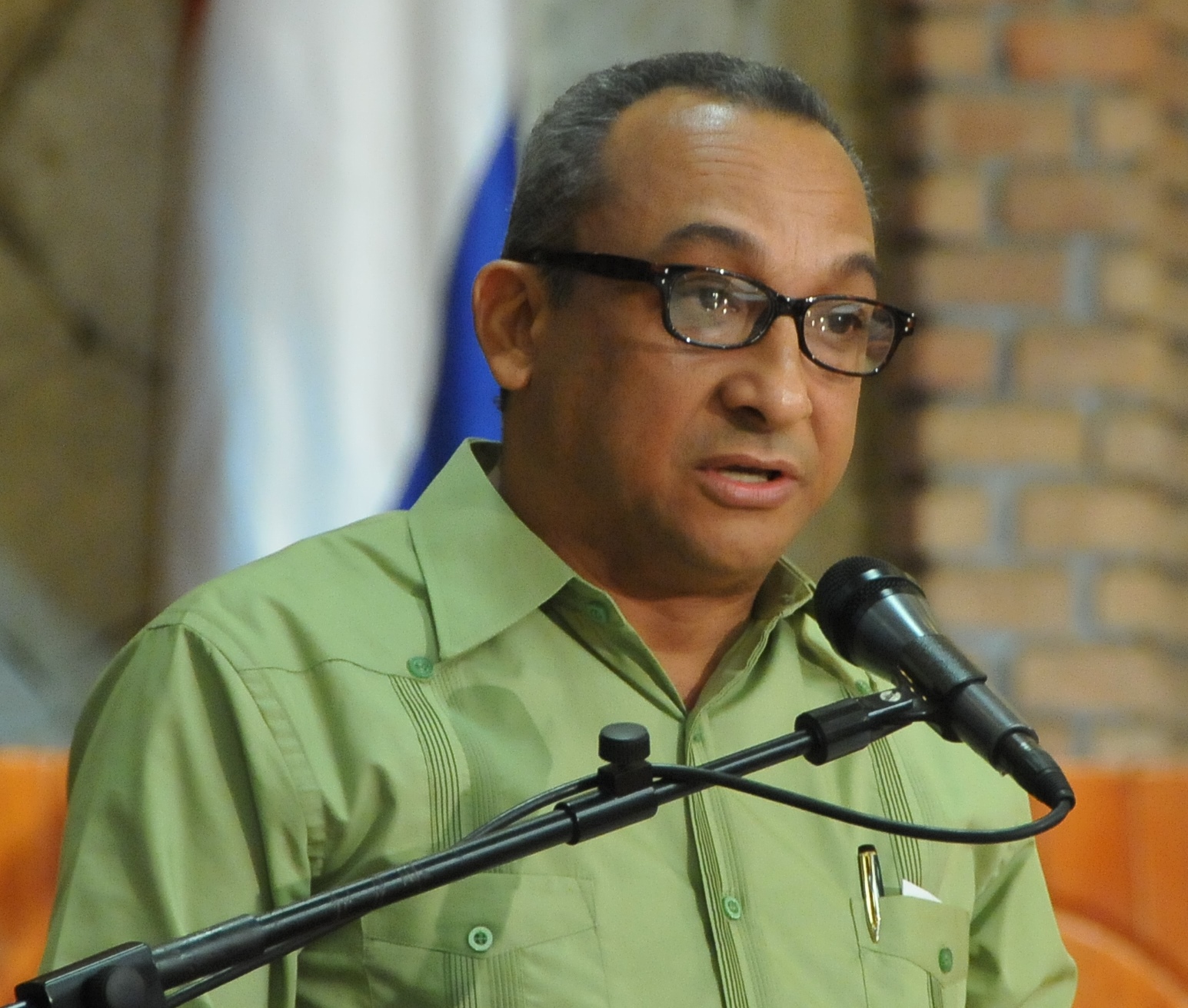
School and family need a communication that allows them to strengthen the psychological, social, ethical, biological and academic growth of the school population. It is about working on a relationship of respect, to develop students in an objective and permanent process. This process of consolidation and growth is essential to raise children at home and train citizens in schools, with the necessary and pertinent comprehensive development, in order to build personality and character appropriately to the needs of the current context.
We know that in the school context its actors understand how difficult it is to establish this type of alliance. But we cannot let this crisis continue along the path it is taking. The idea that we expose about working objectives that tend to solve the current crisis of communication between family and school, which is aggravated in the particularity of each classroom and each family of each of the students who share the classroom facilitated by a teacher of the system. It is about generating simple links, provided with amenity and spontaneity from the school to the family. We believe that it should be an initiative of the school management, because it is the school that has to plan outreach actions, since it is the one that has the tools to do it effectively and efficiently.
We must bet that it is possible to develop a collaborative relationship between school and family. We believe that it is possible, if actions are structured to define roles, commitments and responsibilities.
The school has to create confidence in parents about the competencies of the staff who manage the organization and the quality of its teachers. The latter have to recognize the importance of the family in the training and application of students. From this point of view, we consider that the school and the family need to create mutual trust. It is that education must be a shared task between both training entities and protagonists of social processes.
Recognizing the inseparable pairing (school-family), is the solution to most of the conflicts that occur in the relations between both institutions.
At this point, it is necessary to explain the meaning of what we affirm in the first paragraph of this exposition, about the necessary and pertinent integral development. The integral development of the school and its actors is necessary, because without it the trainers will not be able to work on the necessary cognition so that the graduates of the school levels go out into society with the scientific, technical, artistic and moral competences that the context needs. . Integral development must be pertinent, because it must serve to solve problems now and project solutions for the future. Integral development is a process that must be dynamic, cyclical, that advances in a spiral, in a continuity of daily events, where problems are faced in order to generate development and human growth, in students, teachers and in the school context itself.
The particular awareness of each one of the actors involved in the processes must focus on real problems, in order to face them from the point of view that arises, turning the process into opportunities for self-improvement and learning. We must develop this capacity in each of the participants in the activities and extrapolate it to the entire school, regardless of the bureaucratic hierarchy. Let’s not forget that advances in development are the product of successive reconfigurations of structures, schemes and patterns of action that we use every day.
The commitment must be to break with the tedious bureaucratic routines and the same attitudinal procedure, to create new possibilities of adaptation and change for the improvement, in all school processes.
Integral development is multidimensional and multidisciplinary, because it includes the different dimensions of a construct, in order to seek a general and integrated vision of things. From there, integral development necessarily becomes multidisciplinary, because it encompasses different disciplines of human knowledge. Above these two realities of integral development, it is developed in an interactive way. By interacting and exchanging ideas, a particular internalization of reality is produced in each individual and from this multiplicity of thinking entities, new possibilities are built to solve problems or improve processes.
The quality of education will not be possible without the integration in the first instance of the family and the school (to produce the changes to which we are referring), and thus be able to work together the social product that is needed to improve the existential quality of the citizen. It is from this point of view that it is necessary to analyze experiences as the essence of all knowledge, in order to work on social development from each of the particularities.
With the school and the family walking the same path, we will be able to go beyond the description of situations and conditions to discover and understand the meaning of what is human, that is, of the ethical, psychological aspects, of rights, duties, affections, spirituality and social coexistence.
Integral development occurs in everyday life, understanding it as a set of relationships that are established between individuals and between them together with their particular contexts. But, to reach that qualitative level, it is necessary to resolve the existing crisis in communication between the school and the family, in order to seek similar objectives and mutual benefits.
By Francisco Pascual Cruz
